The goal of every personal injury plaintiff is to get the most and fairest compensation for their injuries and, ideally, with the least amount of time and stress possible.
As experienced Mt. Pleasant personal injury attorneys, the law firm of Rikard & Protopapas understands the benefits of settling cases out of court using mediation and other tactics.
However, this doesn’t always happen. Some personal injury cases do end up going to trial.
There are sometimes good reasons to file a personal injury lawsuit instead of settling it. We take a look here at what you need to know.
How Many Personal Injury Cases Go to Trial?
When an accident victim files a lawsuit, he or she may ask: do most personal injury cases settle? The answer is yes.
Trials take a long time due to the necessary demands of civil procedure and other court rules.
They also involve risks on both sides, can be expensive, and can end up being appealed by a dissatisfied party. These and other facts explain why only about 3–5% of lawsuits are tried in the courtroom.
Your personal injury attorney will work to settle your case out of court. This is usually accomplished through mediation or informal negotiations between the lawyers. Settlement is possible until the court reaches a verdict and your attorney will always be open to hearing reasonable offers from the at-fault party.
If an offer is unfair or there are compelling reasons to try the case, your lawyer will likely advise a trial.
Why Is My Personal Injury Case Going to Trial?
If your case is among the small percentage that do go to court, it is probably because of one of these reasons:
- Dissatisfaction with settlement numbers: You, the plaintiff, may believe the insurance company’s final offer is too low. On the other hand, the defendant could balk at the settlement amount you have requested. Either way, a large disagreement between the numbers makes a trial likely.
- Disagreement over the facts: You have the burden of proof in a personal injury trial. If the facts and arguments are clearly in your favor, then settlement becomes likely. Expect a trial if the facts are weak or are open to different interpretations.
- Risk tolerance: You and/or the defendant may be risk-averse and thus work hard to achieve the certainty of a settlement versus the uncertainty of a trial. A higher risk tolerance by either party could cause them to resist settlement offers and try to prevail in a courtroom verdict.
- Shared fault: If the defendant believes there is evidence that you were partially at fault for the accident, the lawyers and insurers may refuse to settle. That’s because South Carolina law allows a victim’s damages to be reduced by his or her percentage of fault.
What Are the Advantages of a Case Going to Court?
Settlements generally take less time, avoid the risk and pressure of a trial, and bring finality and closure because they cannot be appealed.
However, there are at least two benefits to a trial:
- Winning a potentially high verdict: While not guaranteed, juries are known to award high-dollar verdicts in certain personal injury cases, especially if there is evidence of egregious defendant misconduct. If the insurer does not take your case seriously and makes an unreasonably low offer, your lawyer might recommend seeking more money at trial.
- Holding the at-fault parties accountable: The insurance company representing the at-fault party may refuse to pay anything at all and deny your claim. Going to trial might not only win you the compensation you deserve, but it could also bring a sense of deep satisfaction by holding the at-fault parties responsible for what they did.
Can Cases Go Straight to Trial?
Realistically, it will take months or years after filing a lawsuit before you can go to trial. You would not want or be able to have an immediate trial for several reasons:
- Exploring your settlement options: You deserve to understand both the pros and cons of settlement versus trial. This means fully evaluating the settlement offers you receive from the at-fault party. Offers take time and negotiation, and going right to trial would disrupt this process.
- Conducting a full investigation: Even if you are completely against settling, your lawyer will need time to investigate your accident, acquire evidence, identify defendants, and build a case. During this time, it is inevitable that your lawyer will receive settlement offers that will then be communicated to you.
- Valuing your case: As you prepare for trial, your lawyer will need time to determine the full value of your case. This requires not just accumulating evidence but also consulting expert witnesses who can help calculate the value of future damages like lost earning capacity.
- Fulfilling the demands of civil procedure: Civil procedure rules govern the various steps involved in litigation, including filing and serving court papers, conducting hearings, completing discovery, and much more. All of this necessarily takes time.
Our Firm Prepares Every Case As If It Could Go to Trial
The personal injury attorneys of Rikard & Protopapas will make diligent efforts to settle the accident in your favor while also building a case for trial. We handle both the settlement and litigation process of accident cases for our clients. If a fair settlement can be reached, we will likely recommend accepting it. Otherwise, we will be prepared to apply our legal skills and experience to fight for every dollar you deserve at trial.
That’s the level of comprehensive representation you can count on from us. Call 803-978-6111 today or contact us online to learn more.

